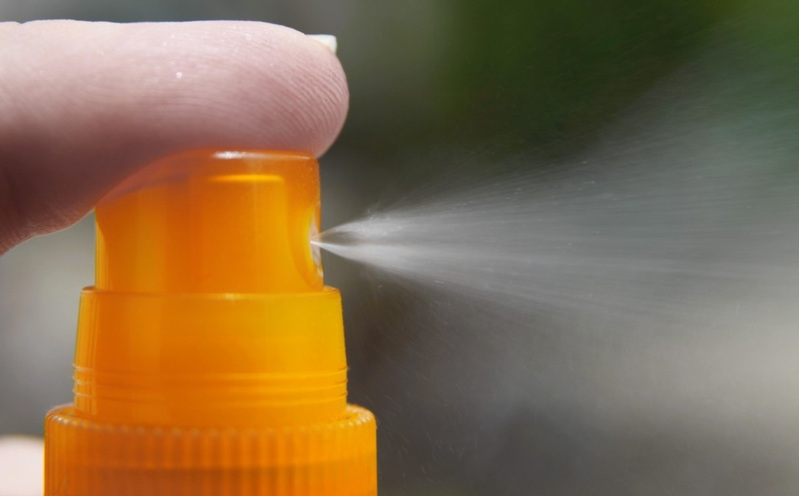
In a world saturated with ten-step routines and miracle-in-a-jar promises, it’s easy to feel overwhelmed by skincare advice. From social media influencers to brand marketing, the noise can be deafening. But what do the experts—the dermatologists who spend their lives studying skin—actually recommend?
The truth is, an effective skincare routine isn’t about having the most products; it’s about using the right ones consistently. It’s about science, not hype. To help you build a routine that truly works, we’ve distilled the core principles championed by skin specialists. Here are the effective, expert-backed tips you need for healthier, happier skin.
Master the Basics: Cleanse and Moisturise Correctly
Before you even think about serums and treatments, your foundational routine must be solid. This boils down to two key steps: cleansing and moisturising.
Cleansing: The goal of cleansing is to remove dirt, oil, makeup, and impurities without stripping your skin of its natural oils. Over-washing or using harsh, foaming cleansers can compromise your skin’s protective barrier, leading to dryness, irritation, and breakouts. Experts recommend using a gentle, pH-balanced cleanser. For those who wear heavy makeup or sunscreen, consider a “double cleanse” in the evening. Start with an oil-based cleanser to break down products, followed by a water-based cleanser to wash everything away.
Moisturising: Every skin type needs a moisturiser, even oily skin. A good moisturiser supports your skin barrier, locking in hydration and protecting it from environmental aggressors. Look for ingredients like ceramides, which are lipids that help form the skin’s barrier; hyaluronic acid, which draws moisture into the skin; and glycerin, a humectant that helps the skin retain water. Applying your moisturiser to damp skin will help it absorb more effectively.
The Non-Negotiable: Daily Sun Protection

If you ask any dermatologist for their number one skincare tip, the answer will almost universally be: wear sunscreen. It is the single most effective product for preventing premature ageing and reducing your risk of skin cancer. Sun damage, caused by UVA (ageing) and UVB (burning) rays, is responsible for up to 80% of the visible signs of ageing, including wrinkles, fine lines, and pigmentation.
Your sunscreen should be broad-spectrum (protecting against both UVA and UVB) and have an SPF of 30 or higher. Crucially, it must be worn every single day, regardless of the weather. Clouds do not block UVA rays, which are present all year round. Make it the final step of your morning routine, every day without fail.
Introduce Active Ingredients with Purpose
Once you have your core routine of cleansing, moisturising, and sun protection down, you can begin to introduce “active” ingredients to target specific concerns. Actives are potent ingredients designed to address issues like acne, pigmentation, or fine lines. However, more is not better.
- Vitamin C: A powerful antioxidant, best used in the morning. It helps protect the skin from free radical damage caused by pollution and UV rays, and it also works to brighten the complexion.
- Retinoids (like Retinol): The gold standard for anti-ageing. Best used at night, retinoids increase cell turnover, stimulate collagen production, and help to unclog pores. Start with a low concentration a few times a week to allow your skin to acclimatise, as they can cause irritation.
- Exfoliating Acids (AHAs & BHAs): Alpha-hydroxy acids (like glycolic acid) are great for surface exfoliation and improving skin texture, while beta-hydroxy acids (like salicylic acid) are oil-soluble and can penetrate pores to help with blackheads and breakouts.
When introducing any new active, always patch-test first and start slowly to avoid irritating your skin.
Your Lifestyle is a Key Skincare Component

Topical products can only do so much. True skin health is a reflection of your overall well-being. Dermatologists consistently emphasise the connection between lifestyle and skin condition. A balanced diet rich in antioxidants, vitamins, and healthy fats provides your skin with the building blocks it needs to repair itself. Staying hydrated by drinking plenty of water keeps your skin plump and functioning optimally. Furthermore, chronic stress and a lack of sleep can increase cortisol levels, which can trigger inflammation and exacerbate conditions like acne and eczema.
Know When to Consult a Professional
A well-researched routine can manage many common skin concerns, but it cannot replace professional medical advice. If you are struggling with persistent issues like severe acne, rosacea, eczema, or have concerns about a new or changing mole, it is essential to see a professional. Self-diagnosing and treating complex conditions can often do more harm than good. This is where consulting a dermatologist becomes crucial. Leading centres, such as the London Dermatology Clinic, consistently stress the importance of a professional diagnosis before attempting to treat complex skin conditions at home. A specialist can offer a personalised treatment plan, including prescription-strength products that are far more effective than over-the-counter options.
Ultimately, building an effective skincare routine is a marathon, not a sprint. Focus on consistency, prioritise sun protection, and listen to your skin’s needs. By following this expert-backed advice, you can cut through the noise and build a foundation for healthy skin for years to come.
